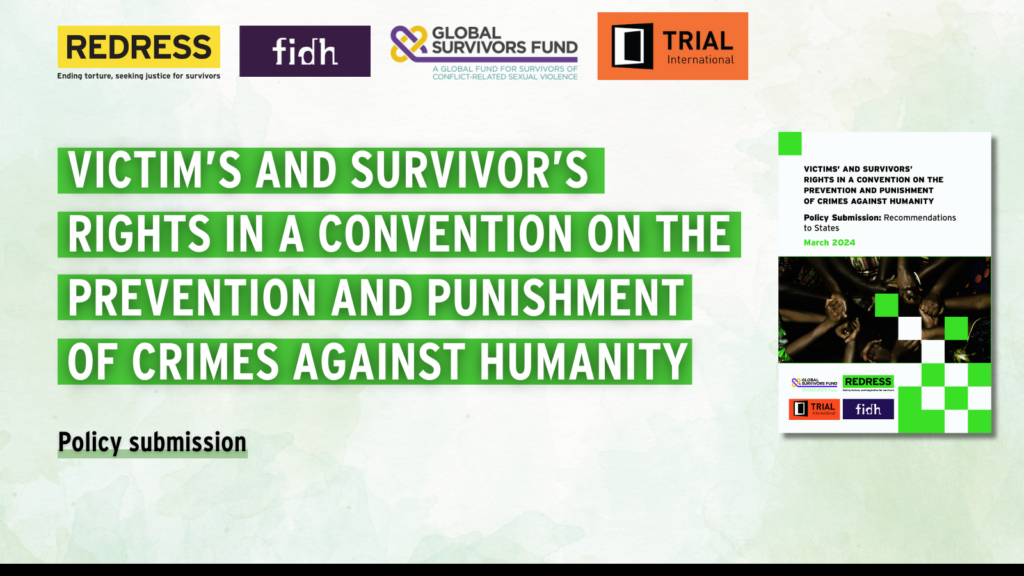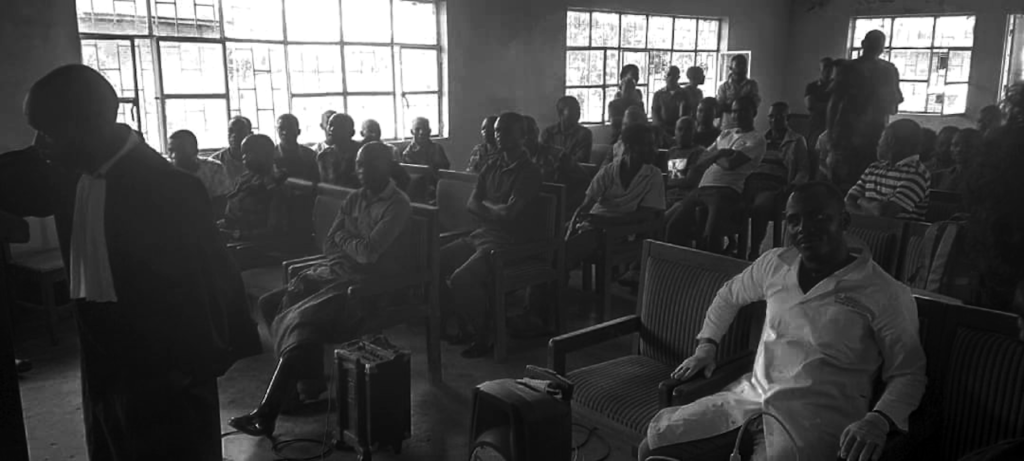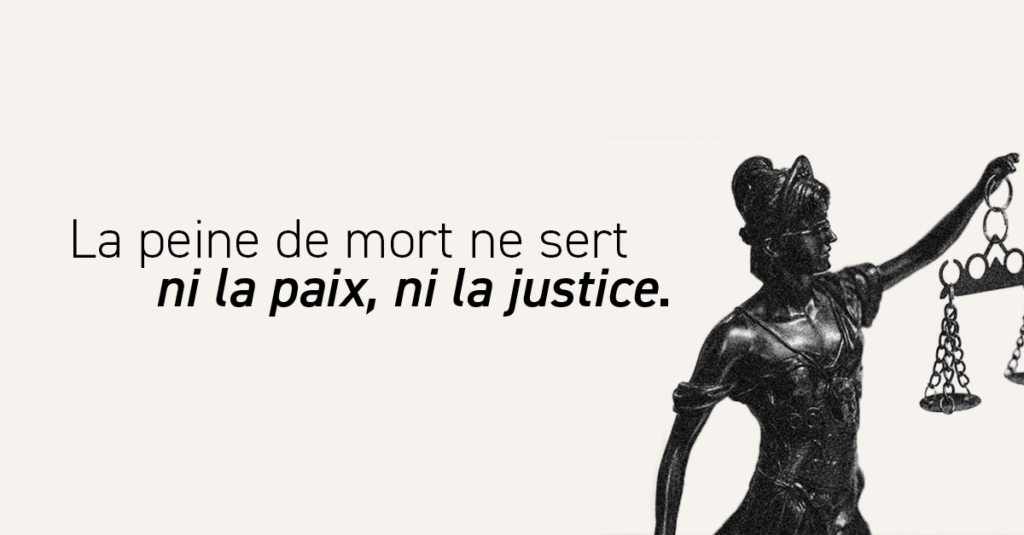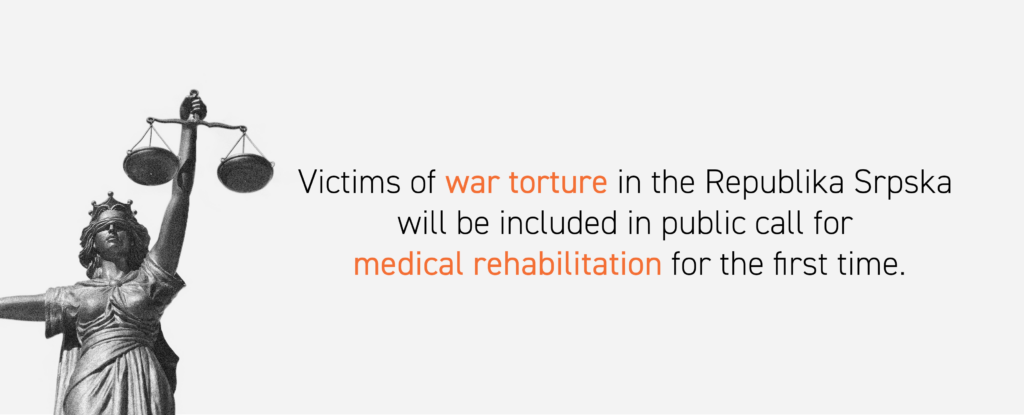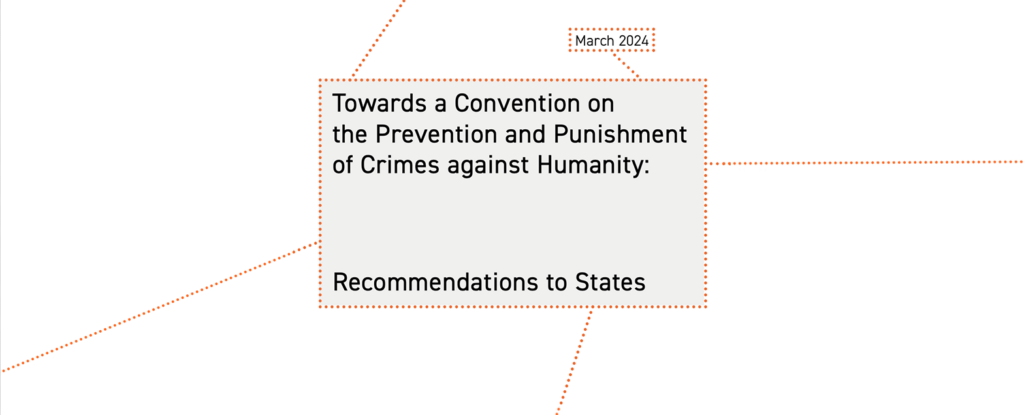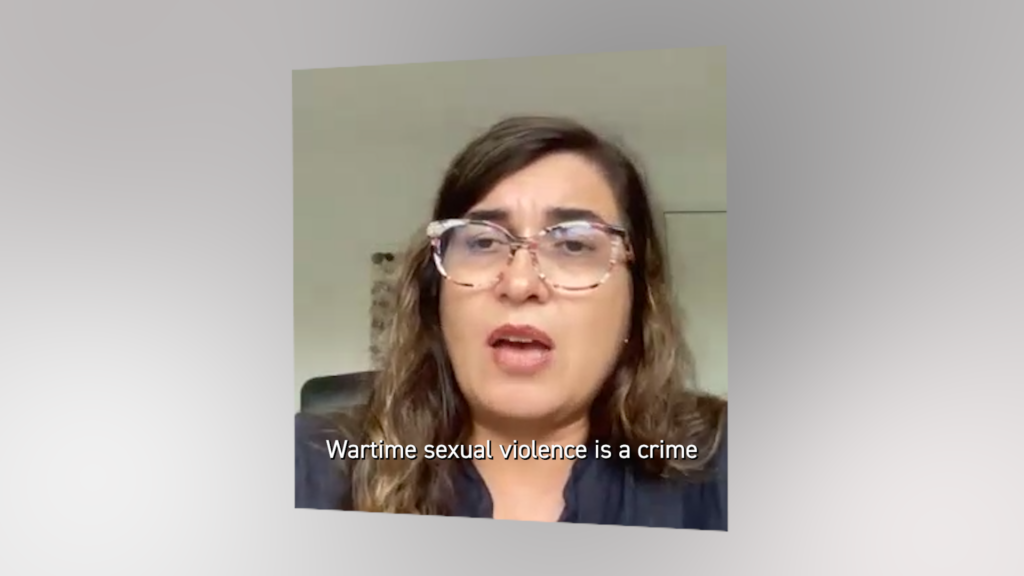“TRIAL’s professionalism is crucial for victims to trust its staff”
Robert Bachmann is a Human Security Advisor at the Swiss Embassy in Kinshasa (DRC). In the framework of Switzerland’s commitment to peace-building, he collaborates with TRIAL International, whose actions in the region have just benefitted from the Swiss Federal Department of Foreign Affairs (FDFA)’s renewed support. He gives us his analysis of the stability in the region, the fight against impunity and collaboration with NGOs.
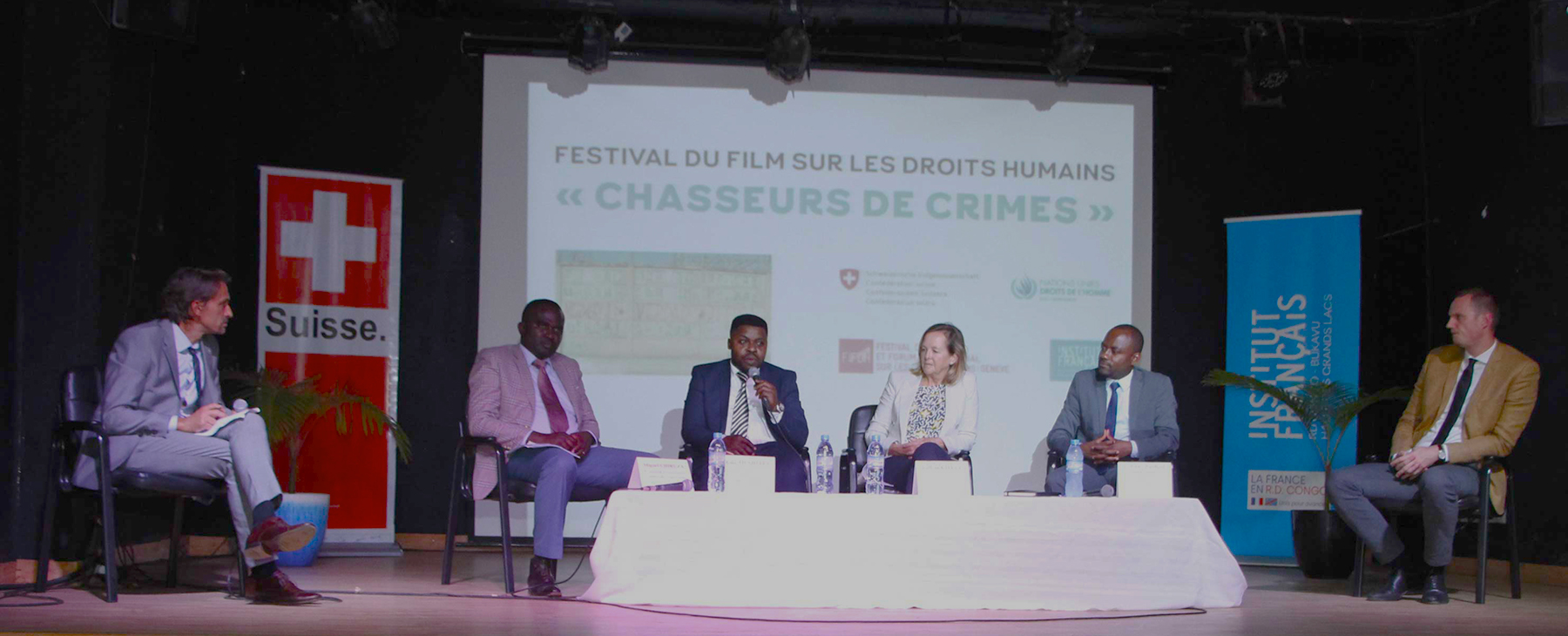
How does TRIAL International contribute to the objectives of the FDFA in the Great African Lakes region?
Robert Bachmann: For over 20 years, DRC has been going through cycles of violence, with a dramatically high number of victims. The prevention and transformation of community clashes, as well as the defense of human rights including the fight against impunity, are priorities for the FDFA in the region. The Swiss development cooperation and the Swiss humanitarian are committed to reducing poverty and saving lives.
TRIAL International’s activities fall under these priorities. The prove to legal professionals that, despite the difficult context, it is possible to succeed – with adequate preparation. Trials and subsequent convictions are a first form of reparation for the victims. They are also a message to the alleged perpetrators of international crimes.
What links do you see between TRIAL International’s mandate and the peace and stability in the region?
The link is obvious: cycles of violence and the persistence of armed groups, one of the greatest tragedies and challenges in the region, are an obstacle to establishing peace and development. To end this cycle of violence and through local partners, Switzerland is committed to increasing the resilience of communities in the face of prejudice and manipulations which often feed violence. The fight against impunity, as a message to the alleged perpetrators, is a key element in the establishment of lasting peace.
Are there aspects of TRIAL International’s work you find particularly promising?
Trainings on gathering and analyzing evidence, and on buildings legal strategies are particularly necessary. From the beneficiaries’ point of view, and in light of the convictions obtained in sensitive cases, these training courses are greatly appreciated.
Access to justice for victims of sexual violence as an international crime is also central to TRIAL International’s activities. Human rights and gender aspects are integrated in all phases of their projects.
How does the FDFA work with civil society organizations, including NGOs?
We see NGOs as partners to achieve our common goals. We value regular and honest discussions on the implementation of projects and when it is possible, we get directly involved to achieve these goals. I appreciate the professionalism of TRIAL International and of all its collaborators that I have met – in DRC and in Switzerland. It is a crucial factor for the victims, but also their lawyers and institutions, to trust the organization’s work on such sensitive subjects.
The Swiss FDFA generously supports the activities of TRIAL International in the Great African Lakes region since 2010.

